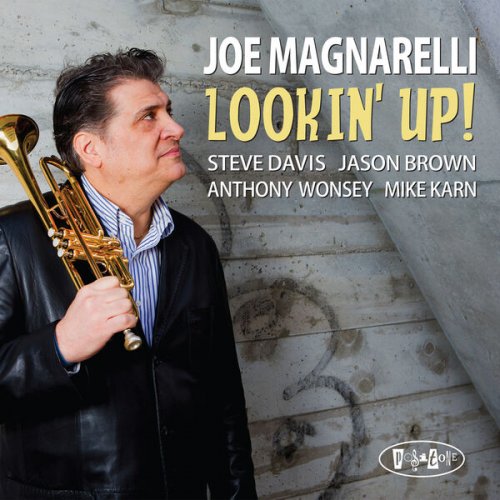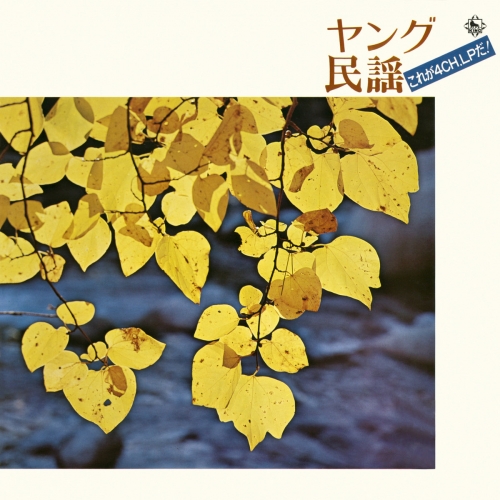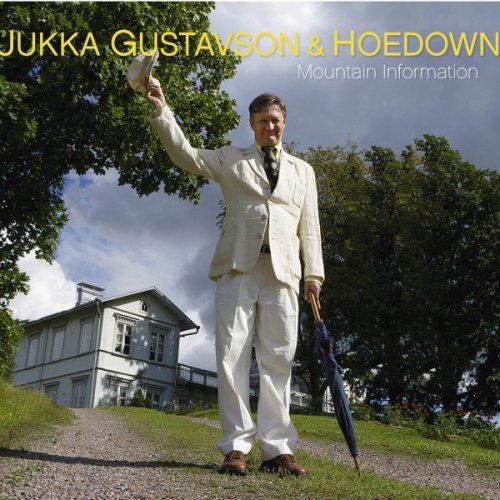Pieta Brown – Paradise Outlaw (2014)
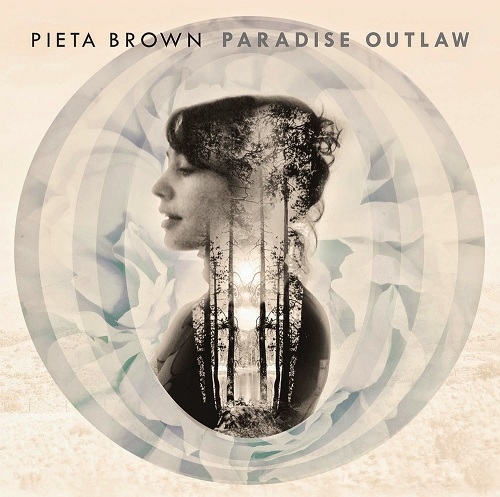
Artist: Pieta Brown
Title: Paradise Outlaw
Year Of Release: 2014
Label: Red House Records
Genre: Folk, Alt Folk, Singer-Songwriter
Quality: Mp3 320 / Flac (tracks, .cue, log)
Total Time: 49:31
Total Size: 123/286 Mb (scans)
WebSite: Album Preview
Tracklist:Title: Paradise Outlaw
Year Of Release: 2014
Label: Red House Records
Genre: Folk, Alt Folk, Singer-Songwriter
Quality: Mp3 320 / Flac (tracks, .cue, log)
Total Time: 49:31
Total Size: 123/286 Mb (scans)
WebSite: Album Preview
1. Wondering How
2. Ricochet
3. Flowers of Love
4. Do You Know?
5. No Not Me
6. Before Gas and TV
7. All My Rain
8. Little Swainson
9. Painter's Hands
10. Heading Home
11. Letter in Hand
12. Back to You
13. Receiver
14. Rise My Only Rose
The one constant in Pieta Brown's recordings is change. The throaty modern folk of her self-titled debut in 2003 shifted eventually to the rockist edges for 2007's Remember the Sun, which in turn gave way to the nearly raw gracefulness of Shimmer in 2009 and the crisp, loose Americana of 2011's Mercury. Everything in her sound world has traveled an eternally widening path. Brown's Paradise Outlaw shifts focus yet again; her vocals are softer, the music less insistent. Likewise, her writing has become more economical. Each syllable carries weight in the grain of her delivery. The set was recorded over four days at Justin Vernon's studio in Wisconsin. Brown's (and Bo Ramsey's) production is warm, rounded, and fluid. "Wondering How," with its short yet weighty lines, is introduced by her voice and acoustic guitar. As Ramsey's trademark, spidery, electric guitar lines paint the edges, her banjo answers haltingly just as her voice relays the terrible wonder in her lyric: "How do I start over again/When this/Isn't even over yet…" Vernon's lithe, breezy harmony underscores the poetic mystery in "Ricochet"; Brown's lyric is discovered by her voice as she delivers the words. It is Ramsey's guitar that bridges them. Vernon also assists on "Flowers of Love," with Brown's slippery banjo amid hi-hats, tambourines, and watery, reverbed electric guitars. Amos Lee's duet with Brown on "Do You Know" is a rootsy little groover illustrated by rhythm and blues and pre-1964 rock & roll. The contrast between her smoky contralto and his gruff yet gentle baritone is striking yet perfectly balanced. David Mansfield's string arrangement adds dimension and color. The ghostly version of Mark Knopfler's "Gas and TV" is led by her minor-key banjo, and Greg Brown's strummed, acoustic guitar is answered by wafting cello and Ramsey's tasteful blues playing. "Letter in Hand" is a folk-blues carried by the banjo, extended by distorted, dark guitar lines, whispering snare, and bassy kick drum. "Receiver" is a love song that loops through modern folk and Americana with Mansfield's pedal steel and Ramsey's guitars, framing the songwriter's open, unflinching lyric. Her speaking subject owns a devotion fearless in its resolve and direct in its inquiry. Brown, through a vocally even-tempered presentation, creates ample space for the listener to insert herself into the words of all these songs. Paradise Outlaw stands out among Brown's recordings for its intimacy, musical generosity, and the restlessness of its vision.
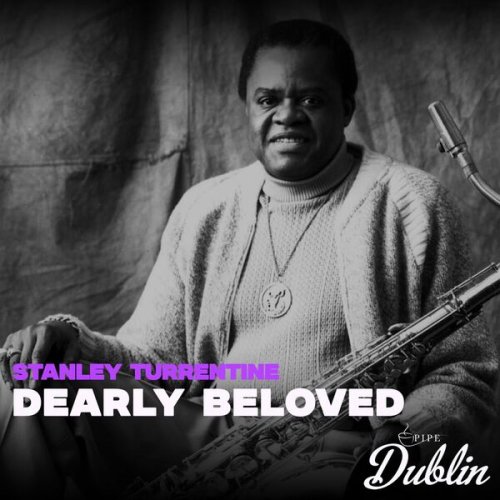
![Kannon - ...in a Sea of Fire (2026) [Hi-Res] Kannon - ...in a Sea of Fire (2026) [Hi-Res]](https://img.israbox.com/img/2026-02/06/031z27045ersqlp1m4v7qos7b.jpg)
![Silvia Tarozzi - Lucciole (2025) [Hi-Res] Silvia Tarozzi - Lucciole (2025) [Hi-Res]](https://img.israbox.com/img/2026-02/06/cbrge6f1dj9hjbeuk52e4w7sz.jpg)
